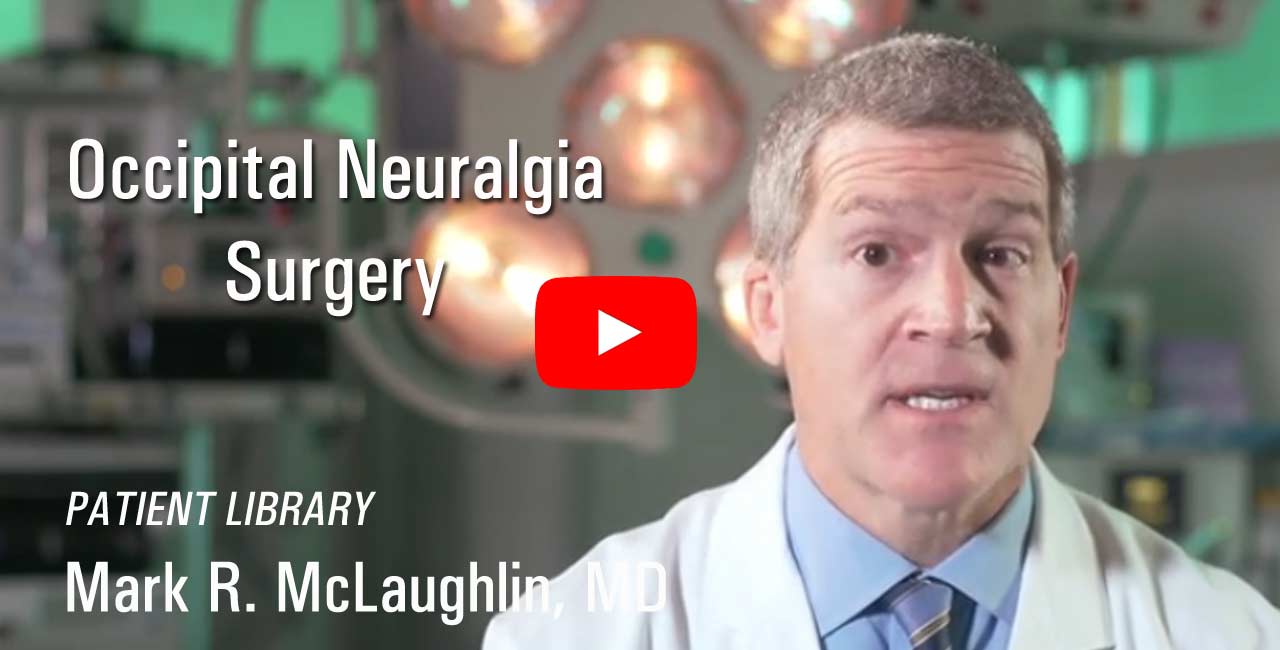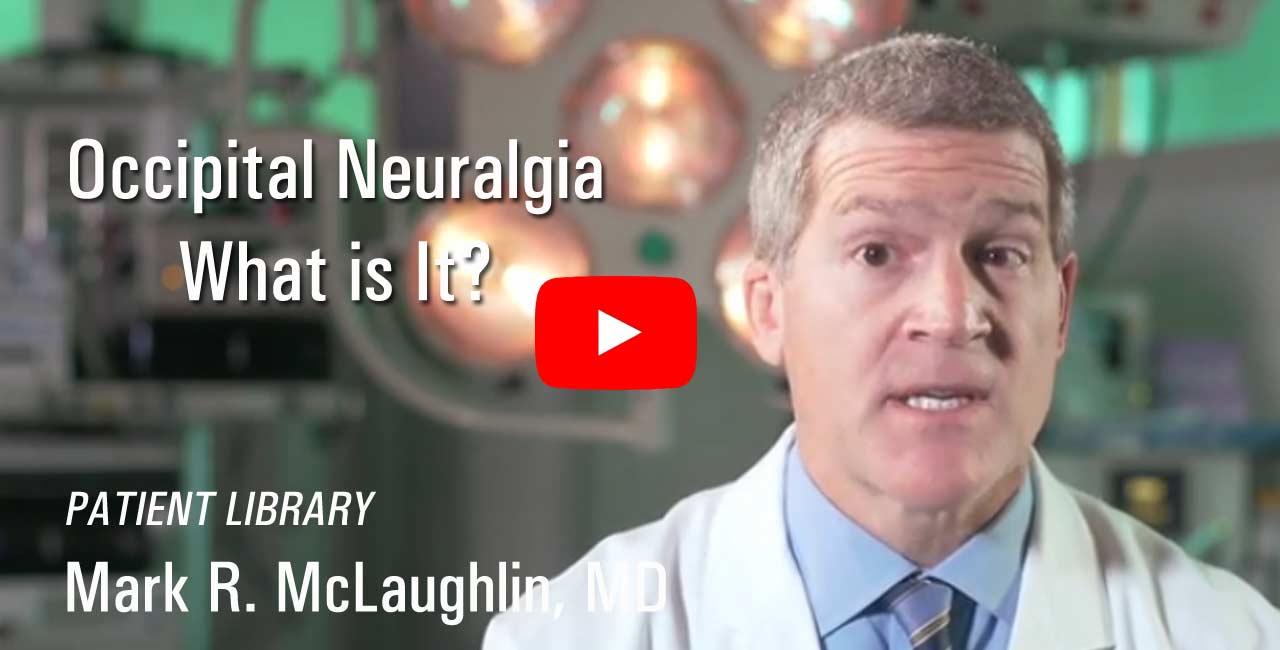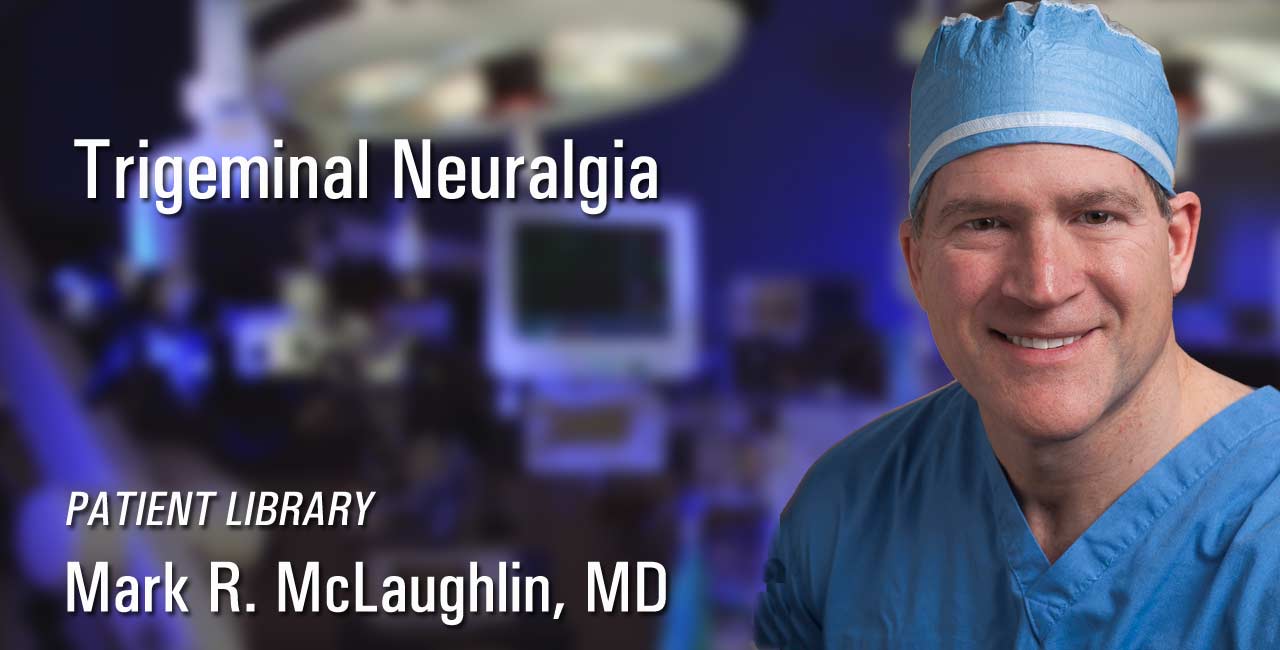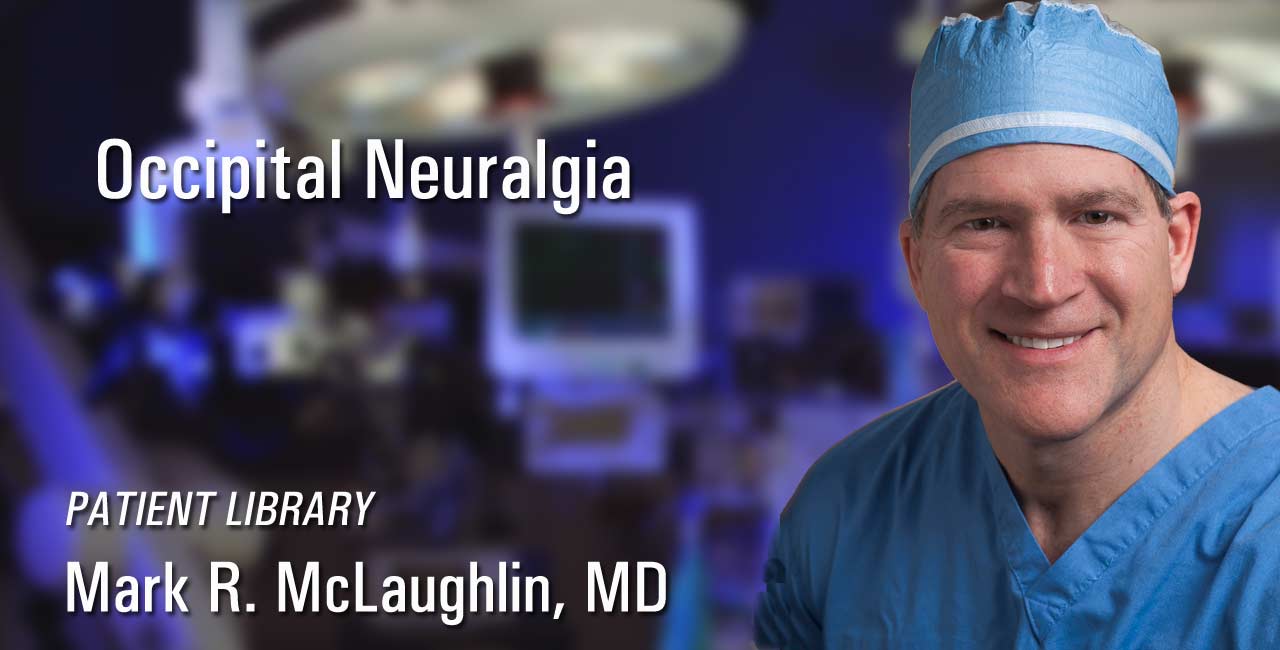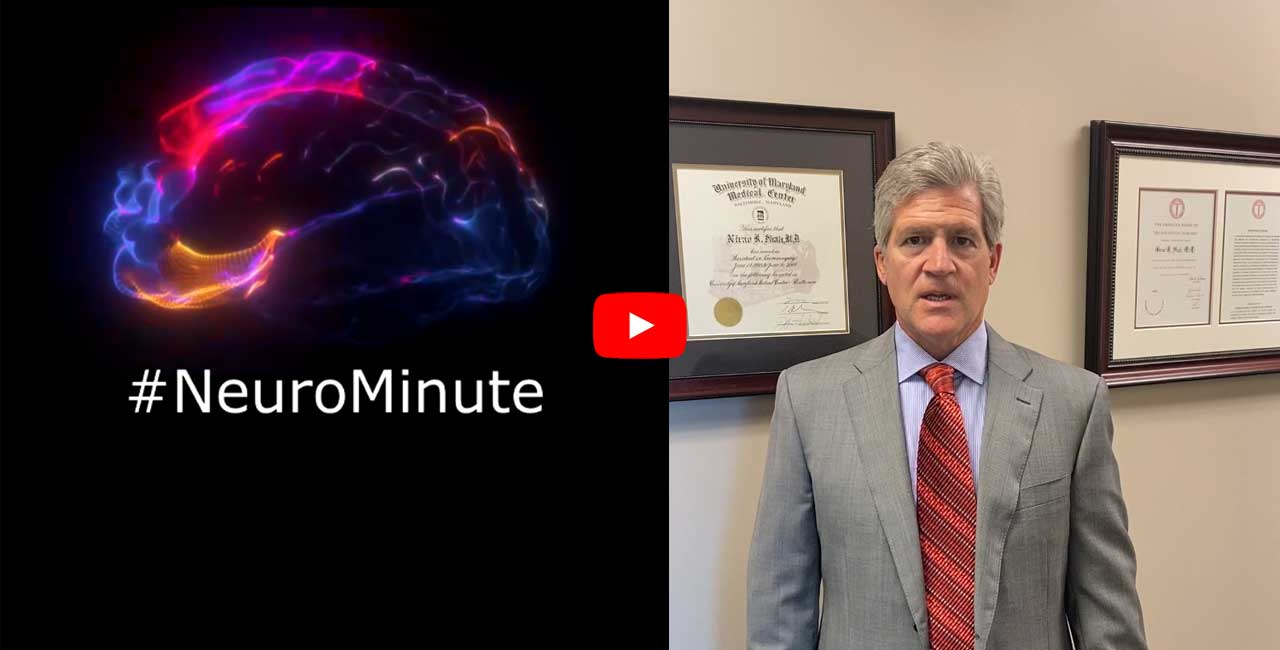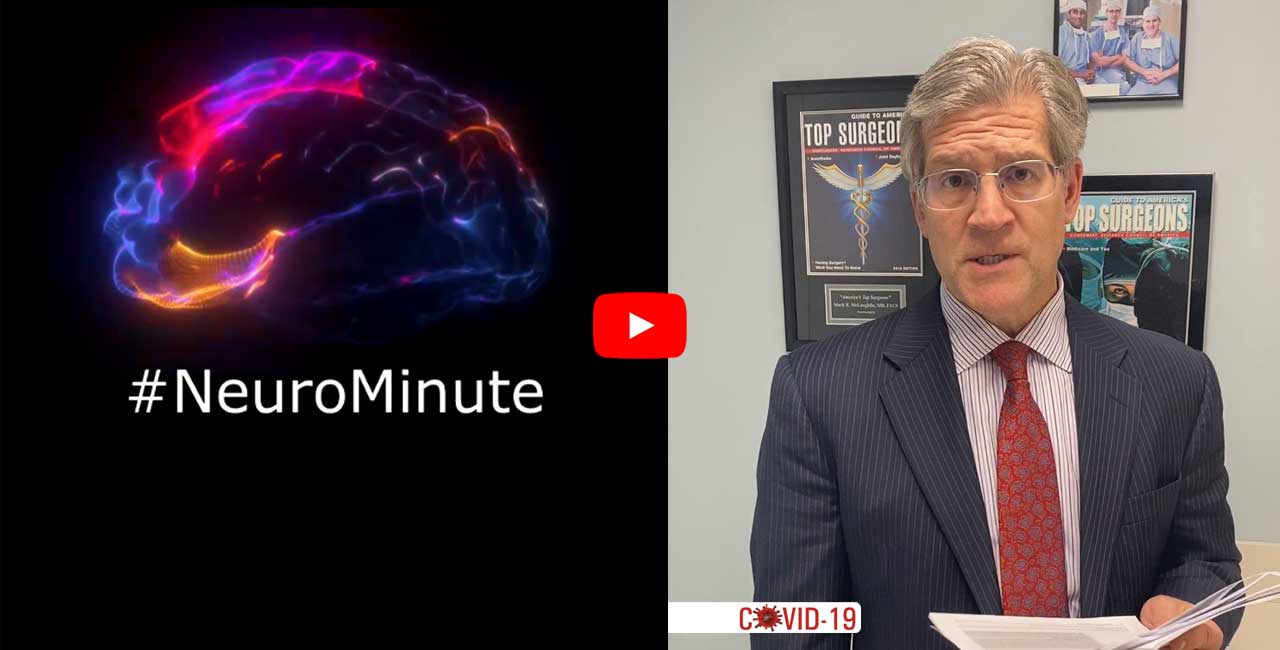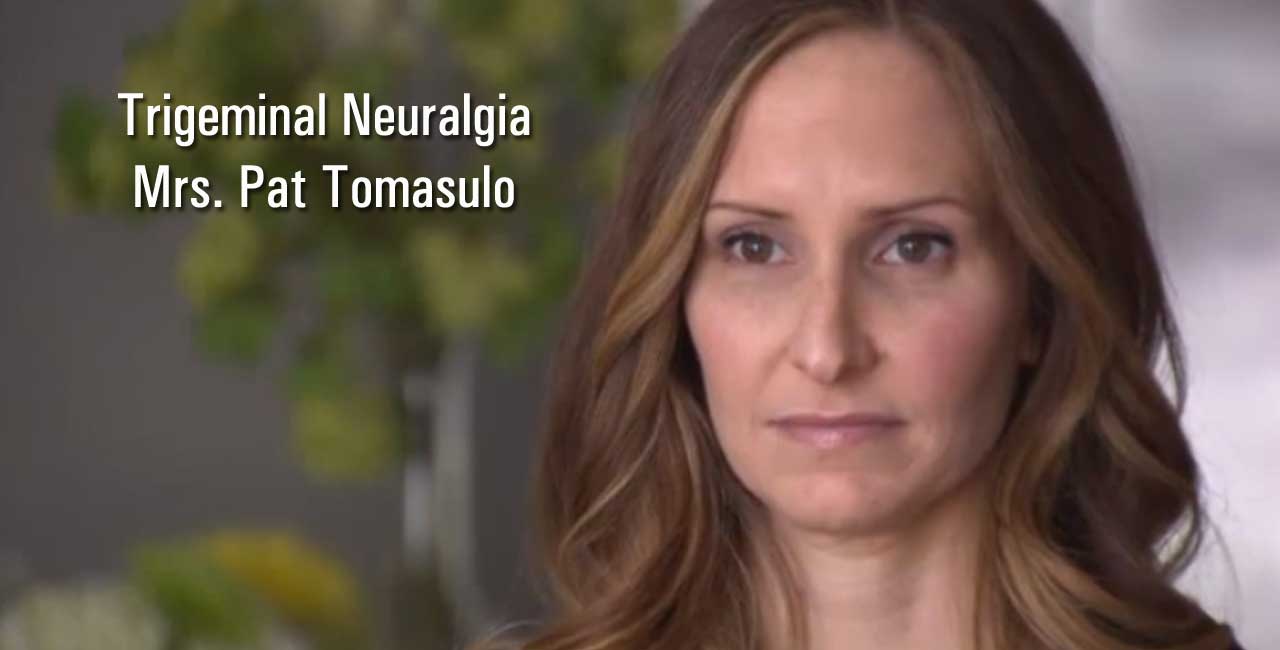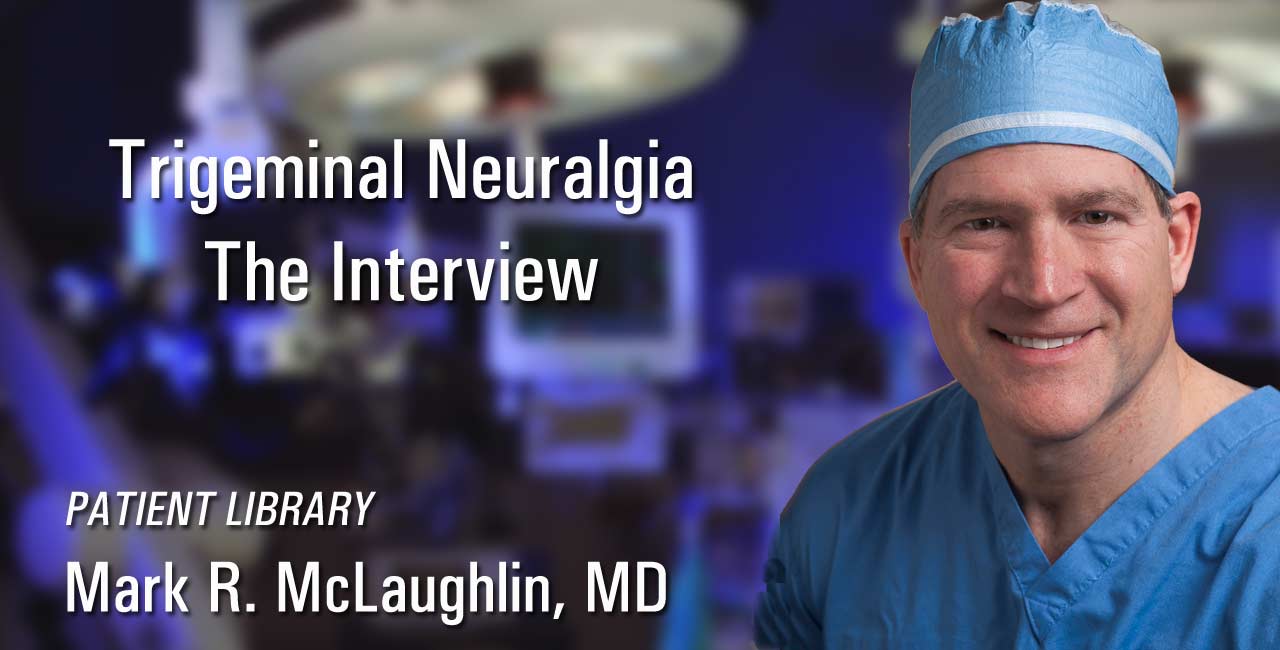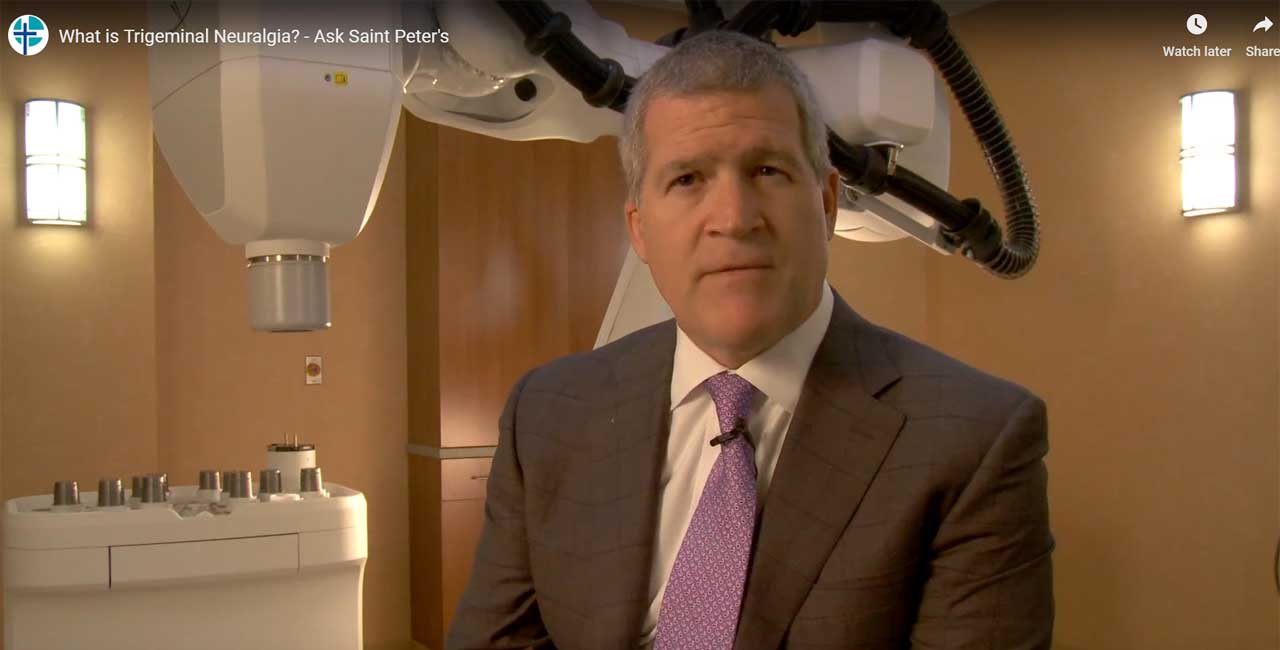Glossopharyngeal Neuralgia
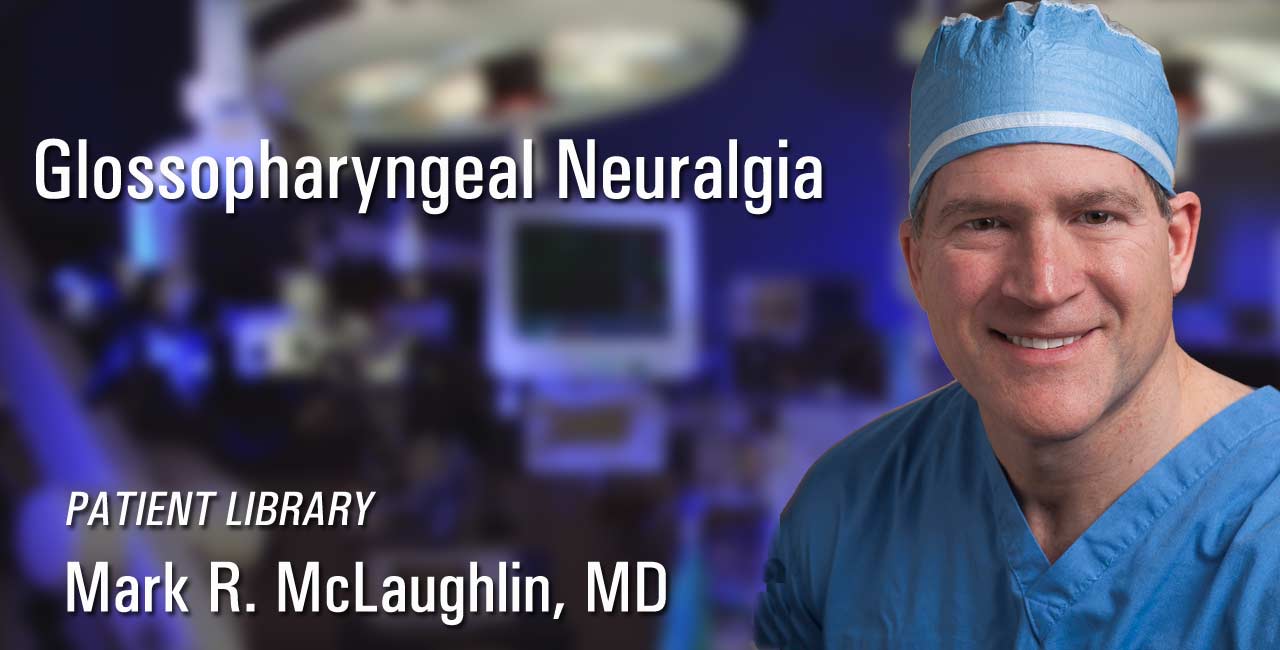
Glossopharyngeal neuralgia is a condition characterized by recurring episodes of severe pain in the tongue, throat, ear, and area near the tonsils. The painful episodes may last from a few seconds to few minutes.
Glossopharyngeal neuralgia is a rare disorder. It usually begins after the age of 40, and is more common in men. The symptoms include severe pain in areas connected to the ninth cranial nerve (glossopharyngeal nerve). These areas include the back of the throat, tonsillar region, the back third of the tongue, back of the nose, larynx, and the ear. This nerve is involved in the movement of the tongue and transfers important information from the brain to the tongue, the throat and then back again.
Although brief and intermittent, the attacks cause excruciating pain. The attacks are sometimes be triggered by a particular action, such as chewing, swallowing, speaking, coughing, or sneezing.
What Causes Glossopharyngeal Neuralgia?
Glossopharyngeal neuralgia is caused by irritation of the ninth cranial nerve. In some cases, the source of irritation is never found. We do know that one potential cause of the condition is an abnormally positioned artery that puts pressure on (compresses) the glossopharyngeal nerve. We have also observed that the condition can be caused by an unusually long, pointed bone at the base of the skull (styloid process) that causes the compresses the nerve. AS a neurosurgeon, I'm typically looking for one of these possible causes:
- Blood vessels pressing down on the glossopharyngeal nerve
- Growths or lesions at the base of the skull
- an unusually long styloid process
- Tumors or infections of the throat and mouth
The condition is very similar to trigeminal neuralgia and is sometimes misdiagnosed by physicians who have less experience with the condition*. TN affects the except that TN affects the5th cranial nerve..., not the 9th.
How is Glossopharyngeal Neuralgia Diagnosed?
A variety of tests may be performed to identify problems. The test may include MRI’s, CT Scans, or X-rays. The condition can sometimes be identified by a physical "trigger" where the doctor touches the area of the nerve. If this test suggests GPN, then an MRI will almost certainly be indicated.
How is GPN treated?
Non-Surgical
The first line of defense is almost always with drugs..., typically carbamazepine, gabapentin, or pregabalin. There are reports of NSAIDs being effective, but the information is sketchy and not well supported in medical literature.
Unfortunately, patients often build up a tolerance for these drugs and their effectivenesss diminishes.
Nerve Blocks
Nerve Blocks are administered with a needle and involve the injection of local anesthetics, steroids, or neurolytic agents (phenol, alcohol, glycerol, etc.). The block is often a part of the confirmation of a diagnosis of GPN.
Surgical
Although drugs are sometimes effective in treatment, surgery may be required for permanent relief from the pain. Surgery is considered effective for cases that do not benefit from medications. When the pain results from an abnormally positioned artery pressing on a cranial nerve, the pain can be relieved by a surgical procedure called microvascular decompression.
The glossopharyngeal nerve is separated from the artery that is compressing it by placing a small sponge between them. In order to access the nerve/artery compression, a small hole is cut in the skull, and then the brain is lifted slightly to expose the nerve.
The procedure itself is very similar to the surgical treatment of trigeminal neuralgia. It is critical that this surgery be performed by an experienced and well trained neurosurgeon.
You can learn more about glossopharyngeal neuralgia at the European Neurology Journal.
Princeton Brain & Spine neurosurgeon Mark McLaughlin, M.D. trained with Peter Jannetta, M.D., the "father" of modern microvascular decompression surgery for trigeminal neuralgia, hemifacial spasm, glossopharyngeal neuralgia, and other cranial nerve rhizopathies. Dr. McLaughlin worked closely with Dr. Jannetta in the ongoing research, and was the lead author of the paper "Microvascular decompression of cranial nerves: lessons learned after 4400 operations" published in the Journal of Neurosurgery in January 1999. On PUBMED
* NIH An uncommonly common: Glossopharyngeal neuralgia
Neuralgia Information for Patients - Expert Princeton Neurosurgeon
Surgery for Occipital Neuralgia
Surgical treatment for occipital neuralgia is sometimes required. In this video, Dr. McLaughlin explains the key points that will be considered before surgery is recommended.
What is Occipital Neuralgia?
Occipital neuralgia is a distinct type of headache characterized by piercing, throbbing, or electric-shock-like chronic pain in the upper neck, back of the head, and behind the ears, usually on one side of the head.
Trigeminal Neuralgia | Tic Douloureux
Trigeminal neuralgia (also called Tic Douloureux) is a chronic pain condition characterized by recurring episodes of extreme, sporadic, sudden burning or electric shock-like face pain.
Glossopharyngeal Neuralgia
Glossopharyngeal neuralgia is a condition characterized by recurring episodes of severe pain in the tongue, throat, ear, and area near the tonsils. An overview from Dr. McLaughlin.
Occipital Neuralgia
Occipital Neuralgia (ON) is a common disease that is often often misunderstood or not diagnosed by many physicians. Princeton New Jersey neurosurgeon Mark R. McLaughlin, MD explains.
Trigeminal Neuralgia in a Time of COVID-19
Video: Stress may result in increased perception of facial pain from Trigeminal Neuralgia. Dr. McLaughlin offers some thoughts on dealing with TN during the coronavirus crisis. April 2020
Trigeminal Neuralgia: COVID19 - Video Update
September 2021: Video update with Mark R. McLaughlin, MD. What you need to know about COVID19 and Trigeminal Neuralgia.
Trigeminal Neuralgia with COVID-19 Virus
Video January 2022 : Dr. McLaughlin highlights the current literature as it relates to Trigeminal Neuralgia and the Covid Virus. What have we learned?
Trigeminal Neuralgia : Covid-19 Vaccination
A January 2022 review of medical literature related to COVID-19 vaccination, Trigeminal Neuralgia, and Neurological Complications. What does the medical literature tell us?
WGN TV Video About Trigeminal Neuralgia
The wife of WGN Sports Anchor Pat Tomasulo suffers from Trigeminal Neuralgia. An informative video.
Trigeminal Neuralgia : The Interview
Dr. McLaughlin was interviewed about Trigeminal Neuralgia and his experience as a top Neuralgia specialist in New Jersey.
Saint Peter's Healthcare Video: Trigeminal Neuralgia
One of my great passions is the treatment of Trigeminal Neuralgia. It is a traumatizing and painful condition. This video was prepared for Saint Peters Healthcare. In it, I answer some common questions about TN.
